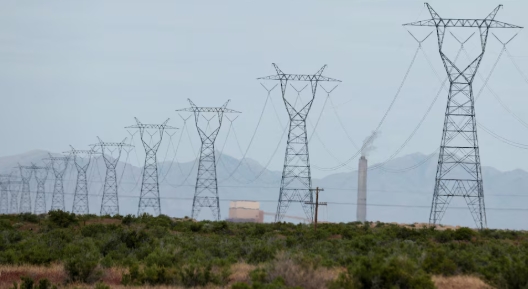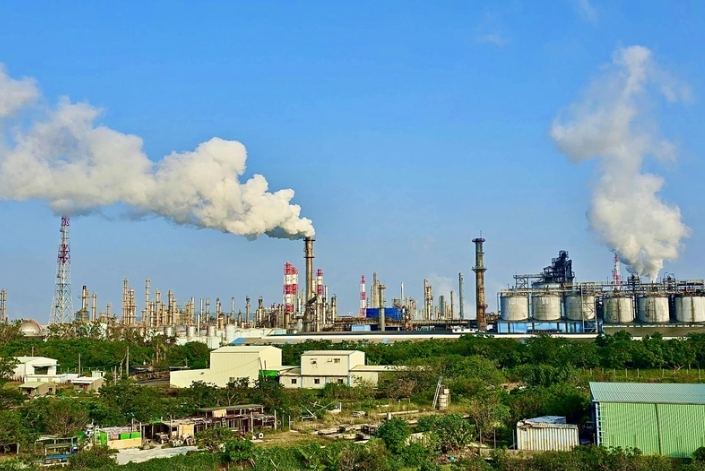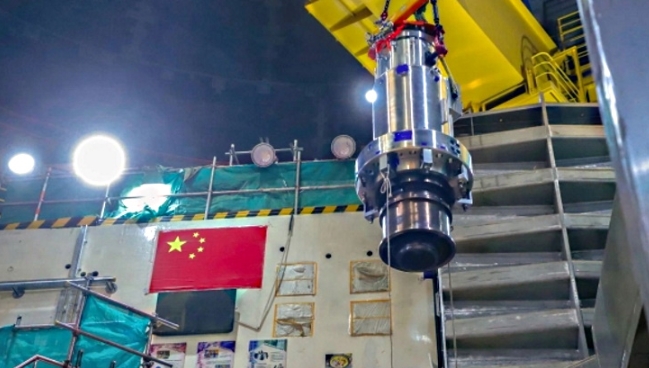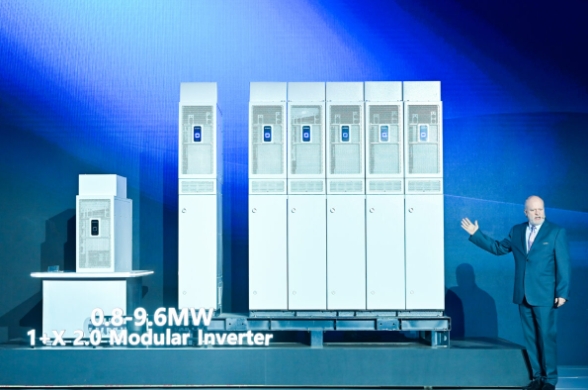KB Financial Group has become the first bank in South Korea to publish a coal policy, marking a big week for decarbonisation in East Asia.
 A coal-fired power plant. After Japan and China, South Korea has been the largest public financier of coal globally. Image: ShutterOK via ShutterstockBy Robin Hicks
A coal-fired power plant. After Japan and China, South Korea has been the largest public financier of coal globally. Image: ShutterOK via ShutterstockBy Robin Hicks
In an announcement yesterday, the US$11 billion finance group said that its environmental, social and governance (ESG) committee had decided to scrap investments in new coal power projects.
The bank, which is one of Korea’s “big four” finance groups, said that investments would be re-directed towards low-carbon and renewable energy initiatives to better align the company’s activities with the Paris Agreement on climate change.
KB has said that it will neither finance coal projects domestically or overseas. Korea is one of Asia’s biggest investors in overseas coal. However, the bank has not commented on loan agreements for coal power projects under construction in Korea. It is in the running to underwrite KRW 100 billion (US$85 billion) in bonds for the 2,100 megawatt Samcheok Bluepower project.
KB’s decision came as the bank made a final bid to win a contract to handle a state fund of 10 trillion won (US$8.5 billion) managed by Seoul Metropolitan Office of Education. The education institution has said that contenders would be evaluated based on their corporate social responsibility and decarbonisation efforts.
“KB has become the first financial firm in Korea to publicly renounce the coal-powered energy industry, in line with the group’s commitment to fulfill corporate responsibility on environmental and social issues,” a KB spokesperson told The Korea Times newspaper.
The news emerges the week after Korea — the world’s seventh largest carbon emitter — declared a climate crisis and set a target to achieve net-zero emissions by 2050.
Julian Vincent, executive director of green group Market Forces, said that KB Financial’s decision shows “the power and importance of local divestment campaigns” as the desire to win municipal contracts can spark major divestment decisions from financial institutions.
He added that South Korea needs to go further in its decarbonisation efforts to align with the Paris Agreement. Many investors and companies are “still prepared to waste money on new coal power stations”, he said.
Vincent pointed out that Korea Electric Power Corporation (KEPCO), Korea’s main electricity company, is about to decide whether to invest in the controversial Vung Ang 2 project in Vietnam.
“Its investors should also be demanding that KEPCO rules out any new coal investments and aligns its business strategy to the goals of the Paris Agreement,” he said.
This article is reproduced from www.eco-business.com







